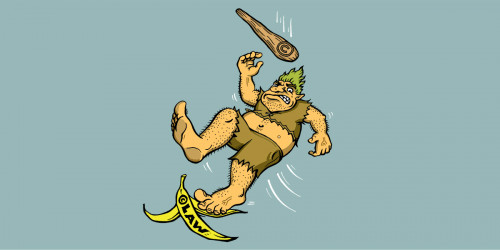On a panel a few weeks ago, I asked the head lawyer for Apple's iTunes Music Store whether Apple would, if it could, drop the FairPlay DRM from tracks purchased at the Music Store. He said "no." I was puzzled, because I assumed that the DRM obligation was imposed by the major labels on a grudging Apple.
Thanks to the recent Berkman Center report on the iTunes Music Store, I think I understand.
So you're Apple, and you make all your money selling iPods. You invest in the Music Store to make the iPod even more attractive, never intending to make much margin on the 99 cent downloads. But here's the problem -- you really don't want every other maker of portable digital music players to free-ride on your Music Store investment. After all, the Music Store is supposed to make the iPod more attractive than the competition.
Here's where FairPlay comes in. It's a great barrier to entry that keeps the iPod as the exclusive device for the Music Store. Competitors who dare to reverse engineer the protocols or otherwise support interoperability find themselves staring down the barrel of the DMCA.
And, of course, Apple's FairPlay DRM is pathetic as a mechanism for "protecting" copyright owners -- every copy of iTunes allows users to neutralize FairPlay by burning to CD and re-ripping to MP3. No wonder Eric Garland at Big Champagne tells us that every "exclusive" iTunes track has been up on Kazaa within 2 minutes of release. At the same time, FairPlay is plenty good enough to frustrate legitimate users.
It's rather cynical, isn't it? FairPlay is bad for everyone besides Apple. Useless to copyright owners, irritating to legit customers. So, when you think about it, Apple's warm embrace of DRM here is every bit as reprehensible as Lexmark's effort to use DRM to eliminate interoperable printer cartridges and Chamberlain's effort to use DRM against replacement garage door clickers.








